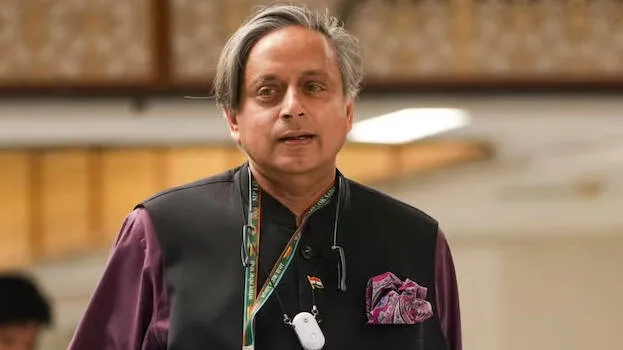

THIRUVANANTHAPURAM: The high command has clarified that there is no need to take disciplinary action against Shashi Tharoor MP in the wake of the growing sentiment in the party over his article - Heeding the Lessons of India’s “Emergency”. The leadership has now decided to ignore the article. The party spokespersons have also been instructed not to make any public statements in this regard. The AICC's stance is that the leadership will respond if there is any position to be clarified on the issue.
Shashi Tharoor has recently raised several criticisms aimed at undermining the Congress. Shashi Tharoor had criticised Sonia Gandhi's remarks on the Israel issue and Rahul Gandhi's remarks on Operation Sindoor. Shashi Tharoor's speech, which highlighted the national policy of the central government during an event in London, caused dissatisfaction among Congress leaders.
Shashi Tharoor wrote the article criticising the Emergency and exposing the 'terrible atrocities' of the then Prime Minister Indira Gandhi and her son Sanjay Gandhi. This came after he created a controversy by releasing a survey report which showed that he had more public support for the post of Chief Minister. Shashi Tharoor's article appeared in the media through an agency called Project Syndicate.
The article says that the essence of the constitutional promises of liberty, equality and fraternity was put to the test during the Emergency. The broad constitutional transgressions enabled a horrifying litany of human-rights abuses. Torture in detention and extrajudicial killings – though less publicized at the time – were dark realities for those who dared to defy the regime.
The quest for “discipline” and “order” often translated into unspeakable cruelty, exemplified by the forced vasectomy campaigns led by Gandhi’s son, Sanjay, and concentrated in poorer and rural areas, where coercion and violence were used to meet arbitrary targets. Slum demolitions, carried out with ruthless efficiency in urban centres like New Delhi, rendered thousands homeless, with little to no concern for their welfare. The article concludes by reminding us to not just remember the Emergency as a dark chapter in India's history, but to learn from its lessons.